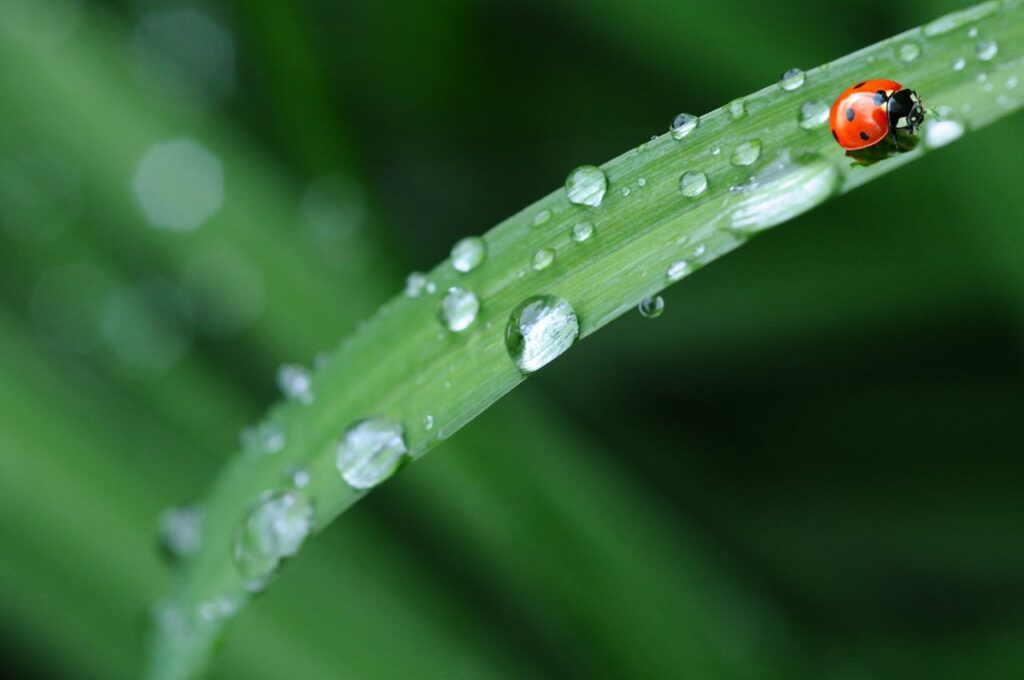Mindfulness is the practice of paying attention to the present moment, fully engaged with what we are doing and without judgment. While many people associate mindfulness with meditation, this is just one tool that can help us practice this skill. In fact, we can work at being mindful in many aspects of our life and this can be done by cultivating the ability to staying present, focussing on one thing at a time and being more self-aware.
During the day our mind is always active and engaged.
When we focus on tasks at work, at school or in our interactions with other people – especially when we are very familiar with the task we are completing, we tend to go on automatic pilot. When this happens, we stop paying attention to the intricate details of what we are doing, and we just address tasks mindlessly.
An example of this is when we drive to work, we ride along the same road every time, we pass the same streets, the same intersections and the same traffic lights. Suddenly we are at work, but we can’t remember exactly how many cars we have taken over, how many stop signs we have passed or how many people were on the streets: we were on automatic pilot.
Being on automatic pilot is very helpful because it allows us to complete tasks that we are familiar with without having to apply too much effort. However, when we spend too much time in automatic pilot, we can become unfocussed and unaware. For instance, you might come home at the end of a busy day at work, you put the food on the stove and start watching TV while you wait for the meal to heat up. 30 minutes later you go and check the stove and realise the stove top was switched off and your meal is still cold!
Consider now what happens when you learn a new job or task for the first time – like when you took your first driving lesson, for instance: you must pay attention, you are fully absorbed in what you are doing, and you do not have time to judge yourself and others because you are fully immersed in the learning process: this is what it means to be mindful.
Our mind wanders a lot, particularly when we are in automatic pilot.
When this happens, we might start thinking about the past, perhaps getting angry or sad about something that happened a long time ago. Or maybe we spend a lot of time thinking about the future, and we begin to worry about what could happen. In both cases we are no longer present and we might also not feel in control, because we can’t change the past and we can’t predict the future.
We all have a wandering mind, however when we spend too much time in this unfocussed space or we are unable to bring ourselves back into the present, we become vulnerable to symptoms of depression or anxiety.
What does mindfulness look like in practice and how does it help?
First, we need to become aware of where our mind is. To do that we have to pay attention and notice where our thoughts have taken us. We then practice bringing our attention to the task that we have at hand. We do this by paying attention to the present moment, focusing on what needs to be done – not what our emotions dictate, and by letting go of the need to judge ourselves and choosing to see things for what they really are. In this sense, mindful meditation is a great tool to practice mindfulness skills as it teaches us to observe where our mind is and helps us work at gently bringing it back.
Practicing mindfulness skills can help us regulate our emotions better, by engaging both our rational mind our emotional mind. Mindfulness allows us to observe our emotions and see them as signals of something we need to pay attention to, instead of something that we need to avoid or react to. It allows us to observe our thoughts and notice how they affect us. By bringing the attention to the present moment, mindfulness breaks the automatic pilot which can be at the base of addictive or unhelpful behaviours.
In its essence, mindfulness helps us by making us more aware of ourselves, it helps us stay present, rather than spend too much time in the past or the future, it teaches about ourselves and promotes acceptance and self-compassion, which is essential when we are dealing with difficult life experiences.



